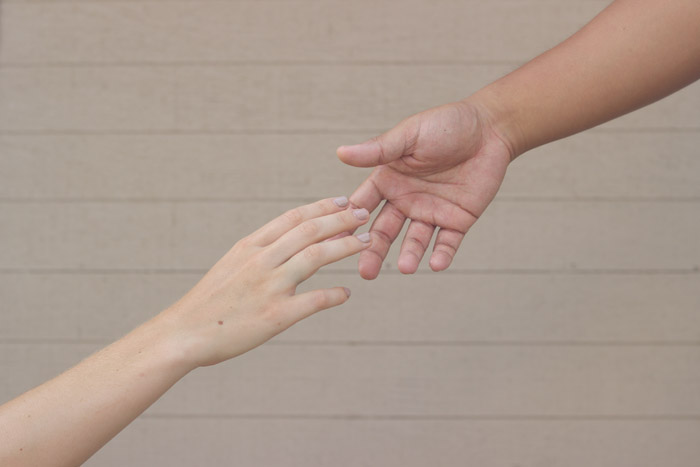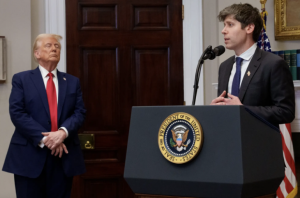Lunch and Learn educates students on suicide prevention
Photo Illustration by Rhealynn Ravarra
Mental health professionals urge dialogue about suicide prevention.
September 29, 2015
According to the American Foundation for Suicide Prevention, approximately every 12.9 minutes an American loses their life to suicide.
National Suicide Prevention week aims to raise awareness about suicide by teaching people how to open a dialogue with others about the social stigma that comes with suicide and recognize the signs of suicidal behavior. On September 8, Campus Student Health and Counseling Services sponsored the Lunch and Learn in USU room 2310B from 11 a.m. to 1 p.m. They screened “The Journey,” a documentary about suicide loss survivors struggles and triumphs, and then held a discussion about suicide. Students spoke with Dr. Larry Carter and Dr. Toni Ann Cafaro of the Student Health and Counseling Services , as well as the director of the American Foundation for Suicide Prevention, Kim McKewon.
“Suicide is a touchy subject that not many people talk about [but] it happens more often than people think and it is important to recognize [the signs] and know how to take action,” said fourth year student Kara Barkdoll.
Despite the stigma surrounding it, suicide is more common than most people think. The American Foundation for Suicide Prevention shows that suicide is the tenth leading cause of death in the United States and the second leading cause of death for those between the ages of 10 and 24.
Fourth year student, Erika Fregoso, spoke about “The Journey’s” portrayal of the shame and embarrassment that comes to family members who commit suicide and how many of their friends withdrew from them due to the nature of their death.
“[Society] still has a lot of work to do when it comes to the stigmatization of suicide,” she said.
With resources such as the Student Health and Counseling Services available both on and off campus, there are many ways for students struggling with thoughts of suicide to get the help they need. Professionals and students alike are willing to reach out and help them.
“It doesn’t take much to see something is wrong and [people] must not be afraid to ask questions,” said Kim McKewon. “[People need to know] that no matter what they face and how powerful the darkness seems, there is hope. Life is a journey, and discussing mental health and suicidal thoughts isn’t weakness; it is a sign of courage and strength to ask for help.”







